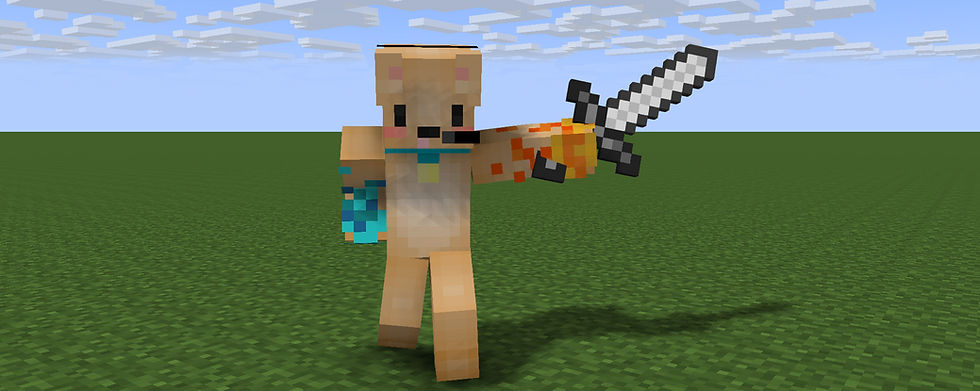Education Is Stuck. Knowledge Isn’t. Let’s Qutii It.
- Laura Degiovanni ䷼ | CEO TiiQu & Founder QuTii Foundation
- Oct 23
- 2 min read

Education—both formal and informal—is at a crossroads. While the world races ahead, our learning systems often lag behind. Teachers are overwhelmed, learners are under-equipped, and curricula struggle to keep pace with reality.
The Challenge: Static Systems in a Dynamic World
Formal education faces mounting pressures: overcrowded classrooms, outdated textbooks, and slow curriculum reform. In the U.S., over 400,000 classrooms lack certified teachers, and only 28% of 8th graders are proficient in math. Informal education, while more agile, often lacks structure and reliable content.
Meanwhile, alternative models like micro-schools and hybrid learning are rising, driven by families seeking personalized, purpose-driven education.
Sustainability Education: A Case Study in Misalignment
Let’s talk about sustainability—a topic critical to shaping the next generation of decision-makers.
Despite its urgency, only 32% of U.S. educators include climate action in their curriculum, and 69% of ninth-grade syllabi omit climate change entirely. Teachers often lack training, resources, and institutional support. The result? A generation of students anxious about the future but unprepared to act.
Even in higher education, sustainability efforts are fragmented. A 2025 study found that stakeholder misalignment and decentralized systems hinder effective integration of sustainability into curricula.
Knowledge as Building Blocks—But More Fluid Than Bricks
Imagine knowledge as LEGO blocks—modular, colorful, and combinable. But unlike plastic bricks, knowledge is fluid. It merges, evolves, and transforms. To teach effectively, we must move beyond rigid structures and embrace modular, dynamic learning.
Enter the QuTii Truth Library
The QuTii Truth Library is a living map of knowledge—organized into macro areas, macro-topics, topics, and subtopics, each color-coded to show relevance and relationships. It offers bite-sized Q&A units, extracted from multi-perspective sources and scored by consensus.
Contradictions and similarities are measured, allowing learners to scout perspectives and build critical thinking. Subjectivity is tracked and limited to 25% of the scoring system, ensuring objectivity while honoring human insight.
What Is Qutii-ing Knowledge?
Qutii-ing is the act of assembling, navigating, and adapting these modular knowledge units to create personalized, critically engaging learning experiences.
It’s:
Agile: Lessons evolve in real time.
Modular: Educators build with verified blocks.
Visual: Color-coded maps show how ideas connect.
Collaborative: Learners and educators co-create understanding.
Who Feeds the Library?
The Knowledge Shapers Partnership powers the library—bringing together:
Research hubs
Academies
Innovators
Standards agencies
NGOs
Organizations with sustainable practices
They contribute via API or pdf2qa, and in return, gain visibility and help co-validate the evolving knowledge ecosystem. The project is developed by TiiQu, a social enterprise committed to trust in knowledge. As a not-for-profit initiative, QuTii is sustained by its partners, who subscribe to its mission of continuous knowledge dissemination.
The Future of Education Is Modular. It Can Be Qutii-ed.
Let’s equip learners with tools to build, adapt, and question. Let’s empower educators to teach with agility and depth. Let’s make knowledge fluid, visual, and co-created.
Let’s Qutii knowledge
.png)



Comments